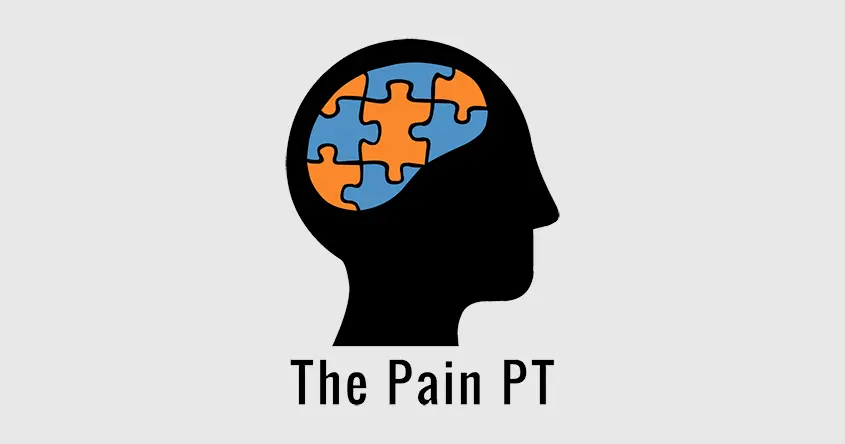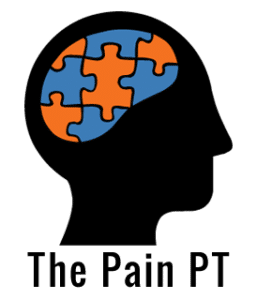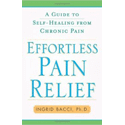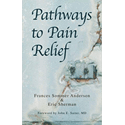Study: Lack of identifying emotions and its role in chronic pain

One of the areas in chronic pain that’s not as talked about is the role of identifying emotions and how the lack of knowing what you are feeling emotionally may emerge physically as somatic symptoms. Difficulty in identifying the emotions you are feeling is called alexithymia. Alexithymia has been implicated in multiple studies to have an impact on chronic pain and chronic somatic symptoms. In this study from John’s Hopkins in 2022 , the researchers looked at a large group of people suffering from various types of chronic pain. They found that alexithymia became the most significant factor on the level of symptoms over the next three months.
Pain catastrophizing and pain acceptance also were shown at baseline to have impacts on the pain in opposite directions, but “when indices of general emotion regulation were entered into the model, the associations between pain catastrophizing and pain interference were no longer statistically significant. Alexithymia emerged as a significant predictor of pain severity and pain interference.”
Based on the data from this study, the authors state “These findings highlight the value of considering the role of general emotion regulation (particularly identifying and describing emotions), in addition to pain-specific experiences, in understanding risk for poor pain-related outcomes. In addition to pain catastrophizing and pain acceptance, difficulties regulating emotions in general (particularly elevated alexithymia) relates to pain outcomes three months later. These findings shed light on risk for poor pain outcomes and point to general emotion regulation as a potentially important target of chronic pain intervention.”
I screen for alexithymia in all the patients I work with. It is something we work on if you are a person who is dealing with chronic symptoms and have a hard time identifying and getting in touch with your emotions.






